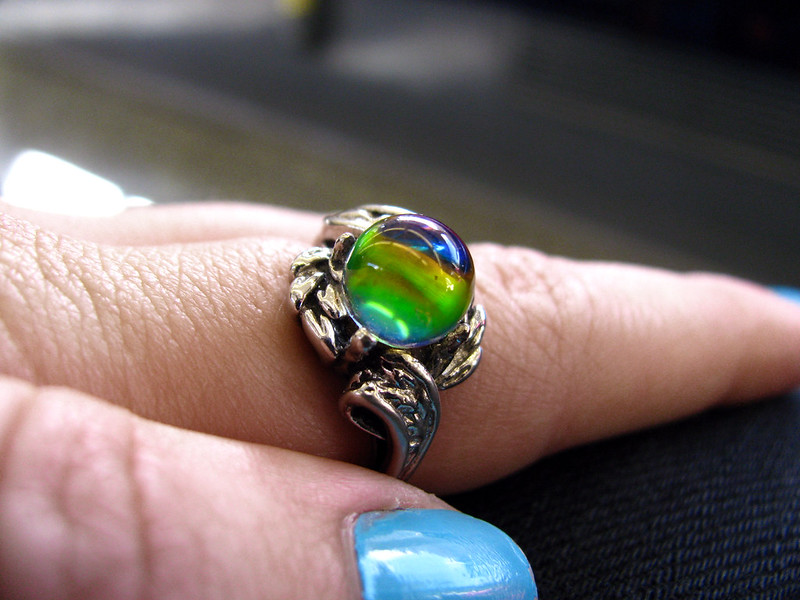Someday, smart speakers may be able to sound off if we don’t sound quite ourselves.
At the University of Alberta, a PhD student, Mashrura Tasnim, and Professor Eleni Stroulia have been working on a way for AI to detect depression through sound.
It’s too simplistic to say that a person who’s depressed talks differently, but for some us depression can alter the way we talk.
The audio detection system uses benchmark sentences its users have recorded to know what a person sounds like when in a typical mood.
And it looks for acoustic cues in a person’s speech over time that might indicate depression as it comes on, which could help individuals as they seek treatment.
We’re a long way from being able to have a smart speaker say “you sound depressed, how can I help?”
And that’s assuming we’re comfortable giving AI a window into our mental health.
But the researchers point out the large numbers of people who experience major depression at some point in their lives.
It may be a new way to help reach people using the voice-powered technology we already use.
Today in 1989 is the day Nintendo brought the Game Boy to the US.
The landmark video game system made black and green displays cool again, and was so portable that in 1993, the Game Boy became the first video game system to go into space.
The Russian cosmonaut who brought it was only allowed to bring one game, so he chose – what else – Tetris.
Sound mind: Detecting depression through voice (University of Alberta)
10 Amazing Facts About the Game Boy You Didn’t Know (Houston Press)

